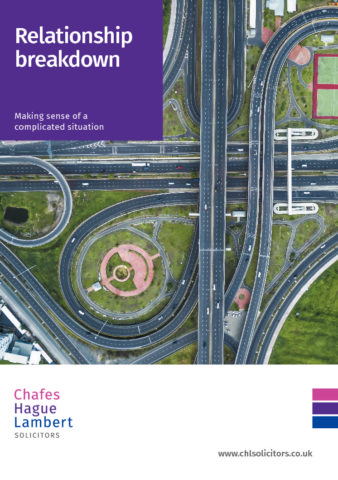On April 6th 2022 the law on civil partnership dissolution changed as it has for divorce.
Like a divorce, there is only one ground for the dissolution and that is that the civil partnership has irretrievably broken down.
However, under the previous law there were only four facts to cite for the breakdown as adultery is not applicable in civil partnership cases.
- Unreasonable behaviour
- Desertion for at least 2 years
- 2 years separation with consent
- 5 years separation, no consent required
But now under the new law all that is required is for at least one spouse to provide a legal statement to say that the civil partnership has broken down irretrievably.
The aim is to reduce the potential for conflict amongst separating couples by removing the ability to make allegations about the conduct of a spouse.
During a time when you are under emotional and personal strain, we will help you make informed legal decisions. Whether you want to start dissolution proceedings or have received dissolution papers, we will help you decide the next steps.


